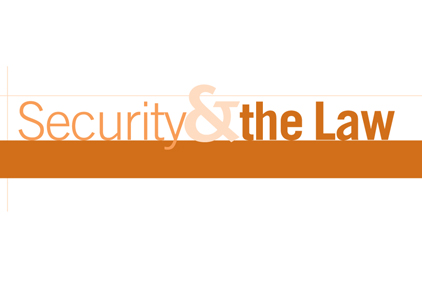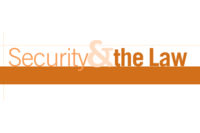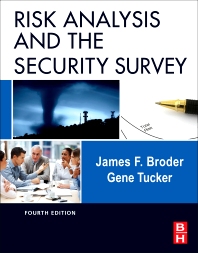A question frequently asked is whether a nonparty to an action can be compelled to provide documentation in a lawsuit, when the subpoenaed party claims that the document and its contents are privileged. The issue was recently litigated in a matter before the United States District Court for the Eastern District of Missouri. In that case, the plaintiff’s insured owned a store. The alarm company installed a system at the store. The defendant, a commission dispatching emergency services in the county, monitored a security panel that was located at the defendant’s store.
Individuals broke into the store and set a fire to avoid detection, but the defendant never reported an alarm to the insured because, while the defendant was aware that the alarm monitoring panel was broken, it had taken no steps to repair it. The insured sued the alarm company and eventually settled the suit. Then the insured’s general liability insurer filed a new action as the insured’s assignee asserting claims against the defendant for negligence and reckless misconduct resulting in the fire that damaged the store.
The defendant served a subpoena upon the alarm company requiring the alarm company to produce and provide testimony about the mutual settlement agreement entered into between the alarm company and the insurance company’s insured. The alarm company objected to the production of the document based on the argument that the settlement agreement was confidential. However, the insurer argued that it was entitled to a copy of the settlement agreement because under Missouri law, the amount of the settlement paid or promised by a joint tort feasor is relevant and discoverable.
Federal Rule of Civil Procedure 26(d) provides that parties may obtain discovery regarding any matter, not privileged, that is relevant to the subject matter involved in the pending action. The Federal Rule of Evidence §401 defines “relevant evidence” as “evidence having any tendency to make the existence of any fact that is of consequence to the determination of the action more probable or less probable than it would be without the evidence.” The court determined that for materials to be discoverable they must be “reasonably calculated to lead to the discovery of admissible evidence,” but need not actually be admissible at trial.
On the other hand, Federal Rule of Evidence §408 promotes a public policy favoring settlement by establishing that evidence of a settlement agreement is not admissible “to prove or disprove the validity or amount of a disputed claim.” The court pointed out that some courts have required the requesting party to meet a “heightened standard” when the discoverability of a confidential settlement agreement is involved.
In the case at hand, the court concluded that the defendant had shown that the settlement agreement between the alarm company and the insured was relevant to the case and was reasonably calculated to lead to the discovery of admissible evidence. The court pointed out that it was mindful of the alarm company’s confidentiality concerns and accordingly entered a protective order regarding the settlement agreement. Therefore, alarm company’s motion to quash the subpoena served on it by the defendant was denied. The lesson? Be cautious in entering into settlement agreements. Do not assume they are not admissible in evidence.
Readers Ask
Q I am an alarm company doing business in a number of states. We are licensed in California, but do not have an office. We just acquired a series of accounts in Los Angeles and we have been requested to do an installation by the general contractor for the project. The contractor is licensed as a contractor in California and has agreed to do the installation. Any problems? To read the answer, go to SDMMag.com. Click the Columns tab and select Security and the Law.
Answer: In the State of California, in order to install a security alarm system you must have an alarm license. Even though the contractor has a contractor’s license, which may allow him to install a fire alarm system, he must also have a license to install burglar alarms in order to qualify.
In California, the Business and Professions Code states that “no licensee shall aid and abet an unlicensed alarm company operator in any activity for which a license is required.” A violation of this section could involve a significant fine. Even though the contractor is licensed as an electrical contractor, he is not licensed as an alarm company and you could be subjected to a fine for aiding and abetting an unlicensed activity.







